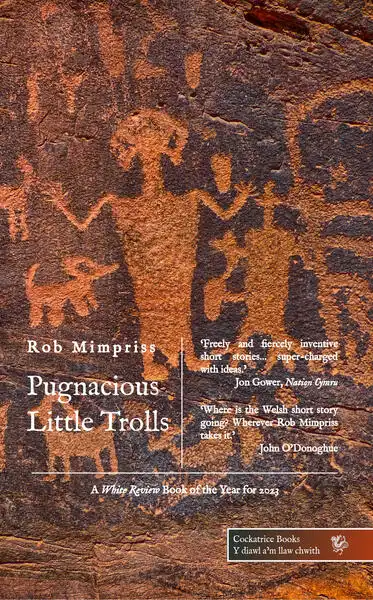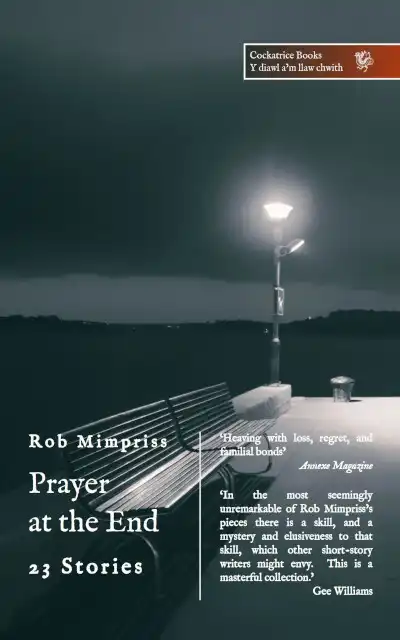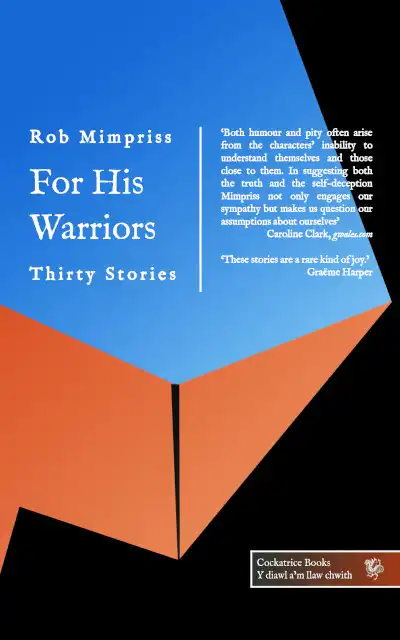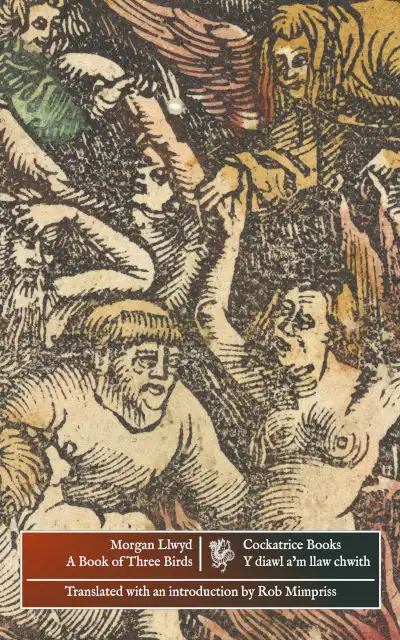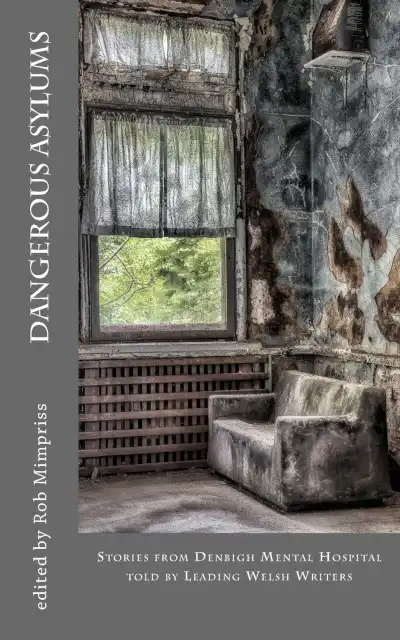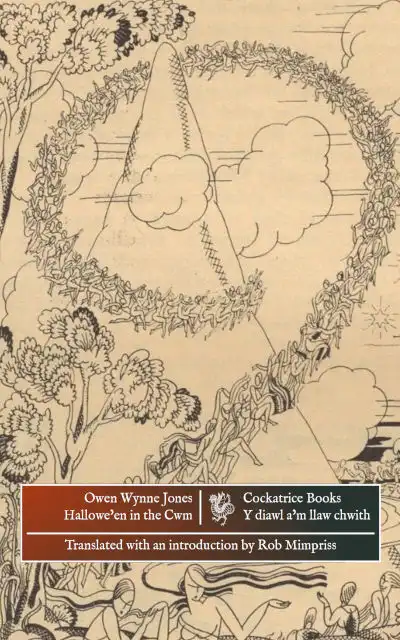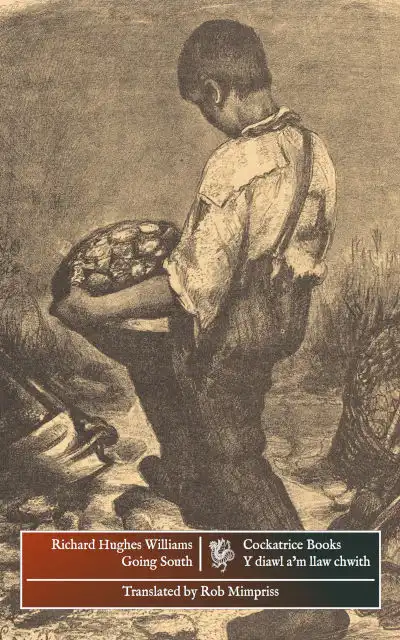The following essay appeared in Writing in Education 26 (2002), 23-25. It was cited by Michelene Wandor in The Author is Not Dead, Merely Somewhere Else (Basingstoke: Palgrave Macmillan, 2008), and by Charlie Bell and Angela France in Writing in Education 34 and 45 respectively.
After several years of teaching and participating in Creative Writing workshops, I have become increasingly disaffected with the way writers work in groups. I have been moving towards the conclusion that the workshop has little to offer the writer, and may at times do harm. I have also learned, through conversation, that a number of students and teachers feel as I do, and their feelings are affirmed by writers who disassociate themselves from creative writing teaching. On the other hand, the workshop remains the staple activity of many groups and courses, and enjoys a large and enthusiastic following. The purpose of this essay is to explore the feelings of both its critics and its supporters, to consider how the workshop functions as a social group, and to describe the alternatives.
I shall begin with my own experience, and in doing so shall doubtless make my temperamental bias against group work clear. When I first experienced creative writing as a taught subject, at MA level, I had long been in the habit of circulating my manuscripts among willing friends, and had learnt a great deal from their encouragement and criticism. I had come to be at the centre of a group of readers who, while they had little or no contact with each other, had become team-like in their differing perspectives and abilities, and in their willingness to give me their effort and time. By cultivating my readers as individuals, in intimate consultations where they were able to see their value to my work, and where I was able to steer the discussion so that it remained always relevant to my purposes, I derived much benefit from their help.
I also learned a great deal about the relationship between reader, writer and text. Since the advice I collected was sometimes impractical, sometimes irrelevant, and sometimes contradictory, I found that my need for self-reliance was not diminished by their help. Much energy had to be spent sifting, collating and interpreting their comments before I could synthesise a response.
When I went as a student to Cardiff University, this system had some parallels there. Each MA student was assigned a personal tutor, and other staff members had open doors. But most students felt they derived most benefit from workshopping with their peers. As we jelled together as a group, they expressed increasing satisfaction with the support and feedback they received, and my own concerns were seen as suggestive of arrogance and disloyalty. Guided by my reading of David Jaques, I began to feel that our group had acquired another member, invisible but immensely powerful; and watching its presidency over our sessions I became increasingly suspicious of its purposes and its authority to criticise our work.
The social structure of the workshop makes it inevitable that a different kind of working relationship will develop. First, since its members are aware of their identity as a group, the workshop may become tightly-defined and separate from the wider reading community. Rebecca O’Rourke, supporting adult writing groups in Cleveland, was surprised by their insularity. Offers of visits from published writers or meetings with similar groups were turned down, and even books were regarded with suspicion as group members declared cultural independence from the outside world and focused on each other.
In a university, such behaviour would seem extreme, but conflicts between students and their institutions are inevitable. They may be over perceived teaching quality or funding, the authority of teachers who are not widely published or the dedication of teachers who are: but the self-sufficiency of the workshopping group will be seen as a moral victory over the institution.
The social structure of the group will also affect the relationship between reader and critic. Not everyone will feel willing to speak, and what they say will be influenced by the group dynamic as they learn how hard it is to be the only dissenting voice, to be cruel when others have been kind, or to damn one student’s work after praising another’s.
Contradictions will lead to heated discussions which betray a false desire for consensus. Critics who endanger the group’s unity may be put down, and clients themselves may be critical of the group’s failures to reach agreement. The authority which is seen to reside in groups, and a naïve understanding of the workshop’s aims will generate a demand for a neat list of corrections for the author to work through, a unanimous verdict from the jury.
Colin Evans showed me an article published in the AWP’s Writer’s Chronicle. Holtman and Lent describe how their workshop reinvented itself as the editorial committee of a nonexistent magazine, ‘accepting’ or ‘rejecting’ submitted work or advising on revision. The purpose of this exercise was to empower the workshop group, and so to address the imbalance in authority between the students and their insitution. On those terms I can imagine the experiment was effective, but I question how the editorial group achieved these unanimous decisions. I fear that its authority was gained at the cost of subtle and varied opinion asserted by the authority of its individual members.
My doubts and uncertainties about the creative writing workshop grow out of my feeling that the individual writer or critic, as opposed to any attendant official, must retain power. I’m ruefully aware of the fact that this same feeling has contributed to the development of the creative writing degree, and the workshopping process it endorses. Colin Evans describes how he abandoned lectures in favour of the small group seminar because for him it addressed the imbalance of power between students and their teachers.
I am also aware of the many advantages that workshopping continues to offer. The group dynamic gives an energy to the discussion which may take it far beyond mere proposals for revision, achieving radically original creative insights which the writer might never have discovered in his own. The enthusiasm of its members and their dedication to each other will create a protective and supportive environment which no other process is able to offer. Here the tensions between the institution and the student group work for the writer’s advantage: especially where the students’ criticisms of the institution contain some truth. Their shared experience of vulnerability and doubt ensures a friendly interest in each other’s work.
But while I respect the workshop’s possibilities, and respect those who make it the basis of their teaching, I am reluctant to make extensive use of it myself. Furthermore I suspect that in some cases the workshop has evolved more for convenience out of familiar patterns of university teaching than out of a rational appreciation of its powers.
As a PhD student at Bangor University I enjoy one-to-one tuition from a writer whose supervision reflects his talent, intelligence and insight. The workshop remains a part, though not the chief part, of my own teaching, and has caused one student at least to ponder the comparative authority of students, teachers and groups. In theory, also, most of my old readers are available to me, though I find in fact that more and more of my current feedback comes from one single person. This third model has many advantages. It can be intimate, leisured and extremely purposeful, though its inability to offer a range of responses is surely disadvantageous. Since it is, furthermore, a student/teacher relationship, paid for and supported by an institution, its participants may become very conscious of the difference in power between them.
The Creative Writing institute holds great power over its students. It can award of withhold degrees on which much money and time have been spent, and in the personal impact this decision can have it holds far more power than any publisher. The workshop group proclaims itself as the champion of students against this power, just as the institution proclaims itself as their champion against inscrutable market forces. Since I demand to be served by such mighty apparatus, since I seek outside authorisation for my work while remaining mistrustful of authority, I cannot complain at the sense of vulnerability which sometimes I find disconcerting.




